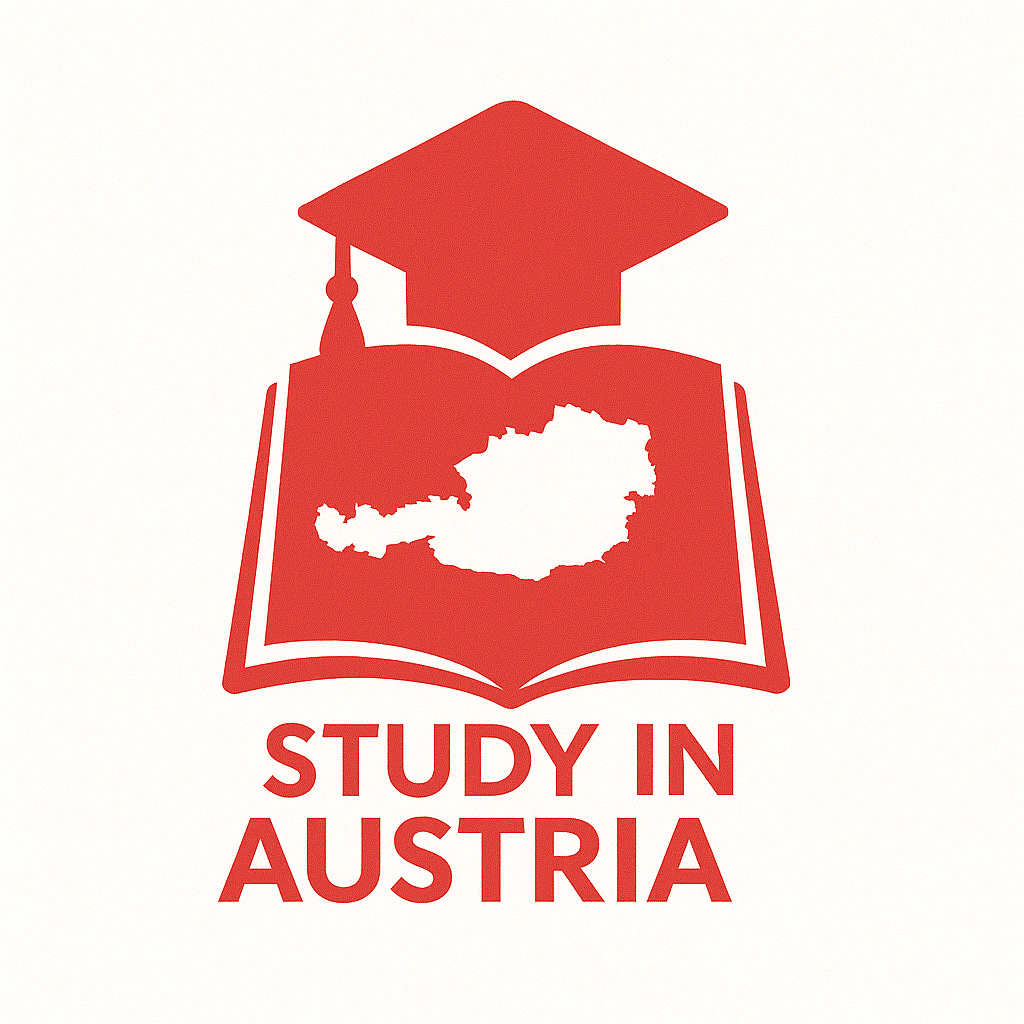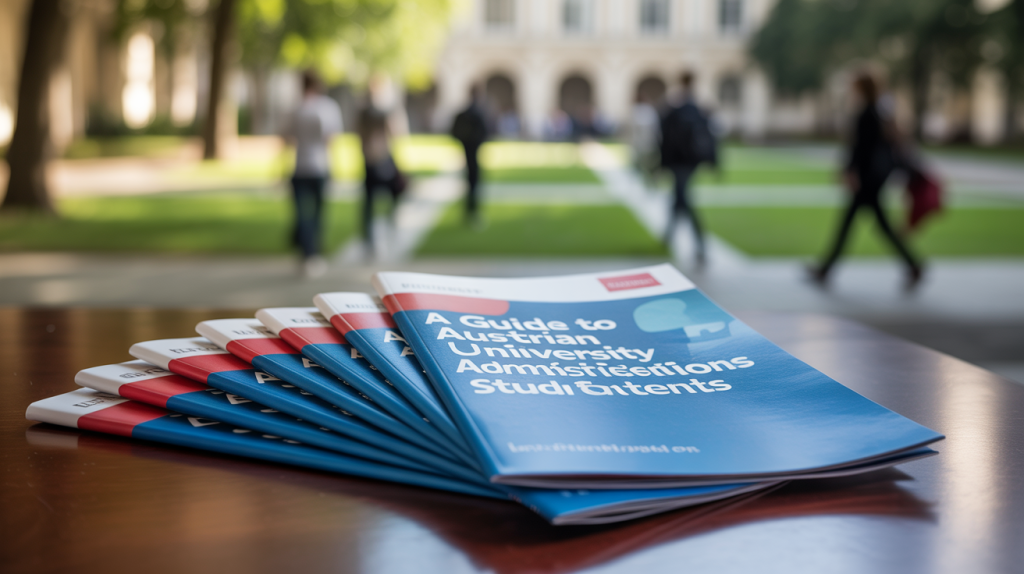A Guide to Austrian University Admissions for Fresh International Students
Admission Procedures
Understanding the admission procedures is the first step for prospective students. Each Austrian university manages its admissions individually. Here are the key aspects to consider:
- Identify Your Institution: Research and select the university and the specific program you wish to apply for. Each institution may have unique requirements.
- Application Forms: Typically, application forms can be downloaded from the university’s official website. Ensure that you complete the forms accurately.
- Submission Process: Completed application forms and supporting documents should be submitted to the university’s Admissions Office.
For further details on application steps, you can visit Study in Austria – Application and Admission.
Required Documents
When preparing your application, it’s crucial to gather the necessary documents. The requirements may vary based on the program level (undergraduate or graduate), but generally include:
For Undergraduate Applicants:
- Proof of Nationality: A photocopy of your valid passport.
- Secondary School Leaving Certificate: This must entitle you to university studies in your home country.
- German Language Proficiency: You must demonstrate proficiency in German, particularly for programs taught in that language.
For Graduate Applicants:
- Master’s Degree: Proof of a completed, relevant bachelor’s degree (minimum of 180 ECTS credits).
- PhD: A master’s degree in the same or a closely related field as your proposed research.
Additional documentation may involve:
- Completed application forms
- Passport-sized photographs
- Payment receipt for tuition fees, if applicable
- Official academic transcripts
- Any necessary translations or authentications of documents
It is essential to ensure that all documents are duly translated into German and authenticated by the relevant authorities recognized by Austria.
Language Requirements
Language proficiency is a critical component of the admission process:
- German Proficiency: Most Austrian degree programs are primarily instructed in German. You will need to show proof of your proficiency, which can include:
- A secondary school certificate indicating at least four years of German instruction.
- A recognized German language diploma.
- English Proficiency: For some graduate programs, particularly at the master’s and PhD levels, courses may be offered in English. In such cases, you may need to provide proof of English language proficiency. Check with your program for specific requirements.
Special Admission Considerations
Certain conditions and requirements apply particularly to international students, especially those from non-EU/EEA countries:
- Equivalence of Secondary School Certificates: Students must prove that their secondary school certificate is equivalent to an Austrian qualification. This document should confirm eligibility to study the chosen subject at a university in your home country.
- Entrance Exams and Additional Assessments: Programs in fields like medicine, arts, and some specific Universities of Applied Sciences may require passing entrance exams. Be aware that these exams often have different deadlines than standard admission applications, sometimes as early as six months before the semester starts.
Deadlines and Application Periods
Understanding the application timeline is essential for a successful admission. Key dates include:
- Application Deadlines:
- For the winter semester: By September 5.
- For the summer semester: By February 5.
- Some programs, especially those that require entrance exams, may have earlier deadlines. It is advisable to check specific dates with your chosen university well in advance.
- Admission Authority: The final decision regarding admissions is typically made by the university’s vice chancellor.
Residency and Visa Matters
International students from non-EU/EEA/Swiss countries must also be aware of residency requirements:
- Residence Permit Application: Upon acceptance, non-EU/EEA students need to apply for a residence permit for study purposes. The admission letter serves as a crucial document in this process.
- Procedures for EU/EEA Citizens: Students from EU/EEA countries follow the same admission and application procedures as Austrian nationals, which simplifies the process considerably.
Summary of Key Steps
To ensure a smooth admission process, here’s a summary of the key steps:
- Identify Your Preferred University and Program: Conduct thorough research to find the right fit.
- Check Specific Admission Requirements and Deadlines: Universally applicable guidelines may differ among institutions.
- Gather Required Documents: Ensure you have all documents ready, translated, and authenticated as needed.
- Submit Your Application and Pay Any Fees: Attend to all submission guidelines and financial obligations.
- Prepare for Entrance Exams or Interviews: If applicable, devote time to prepare for these assessments.
- Apply for a Student Residence Permit if Needed: Don’t forget this step if you are a non-EU/EEA student.
By following these guidelines and utilizing the resources available through Study in Austria, international students can navigate the admission process with confidence. Our platform offers comprehensive assistance tailored to your needs, ensuring a successful transition into your academic journey in Austria.
Take the Next Step with Study in Austria
Explore further opportunities and resources for your academic journey.

